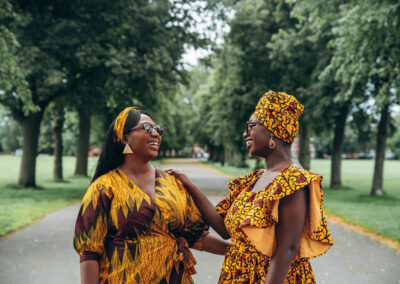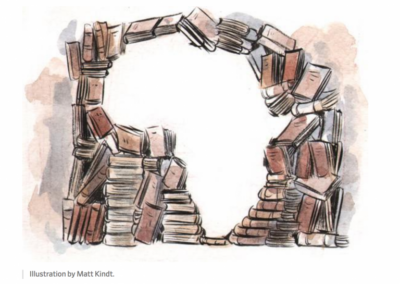Africa Is Not A Country
Africa is a vast and diverse continent known for its stunning landscapes, rich cultural shades, and unique blend of traditions, languages, and ethnicities. It is the second-largest continent in the world, home to 54 recognised countries, each with its own distinct character and history. Geographically, Africa boasts a wide range of environments, from the deserts of the Sahara in the north to the lush rainforests in the central regions and the expansive savannahs and grasslands of the east and south. It’s a continent of extreme contrasts, offering everything from iconic wildlife safaris to modern urban metropolises.
Our platform serves as a global stage for Africa’s cultural exchange, connecting people and communities from every corner of the globe. Through dialogues and connections, we actively foster the appreciation of diverse traditions and the formation of global bonds. Whether you’re an artist, an enthusiast, or someone who simply appreciates the richness of culture, Heritage & Flair offers you a path to meaningful African connections and cross-cultural appreciation.

Nigerian Superstar Burna Boy performing to a sold-out concert in Paris, France
Discover More On Africa & Its People
As you explore our site and engage with the narratives, consider becoming a part of this transformative journey by implementing programmes that encourage active participation in preserving cultural traditions, such as virtual workshops, storytelling sessions, and collaborative art projects, contributing to a sense of belonging and cultural pride to the African communities.
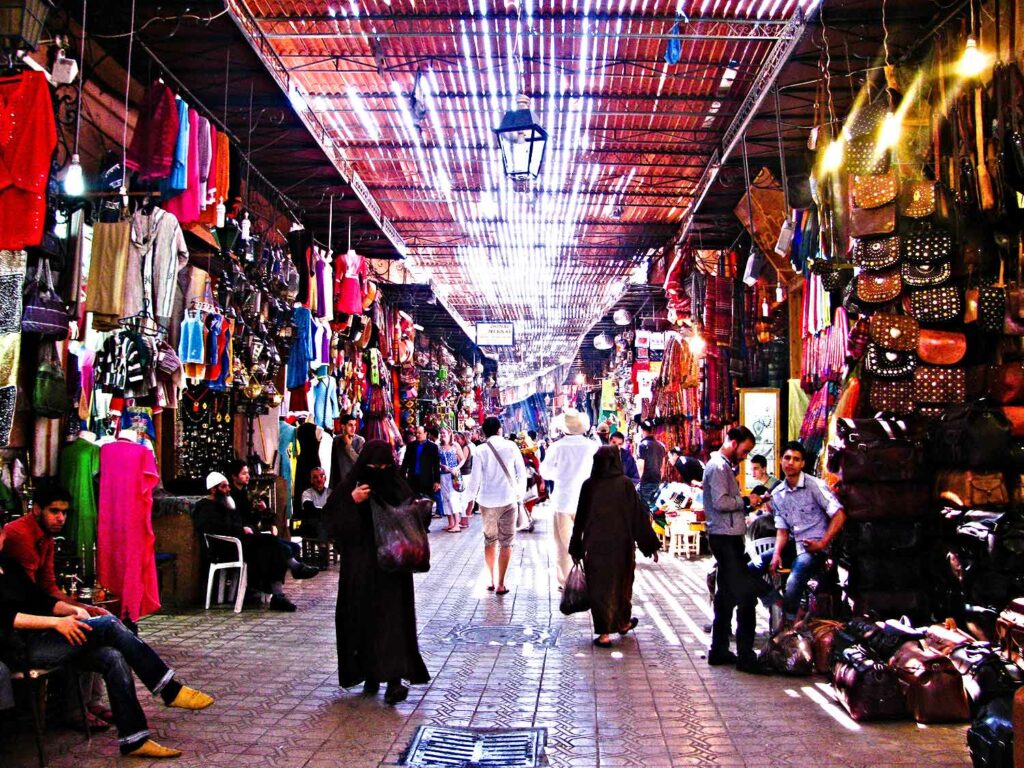
Souk market of Marrakesh, Morocco (Photo: Unknown)
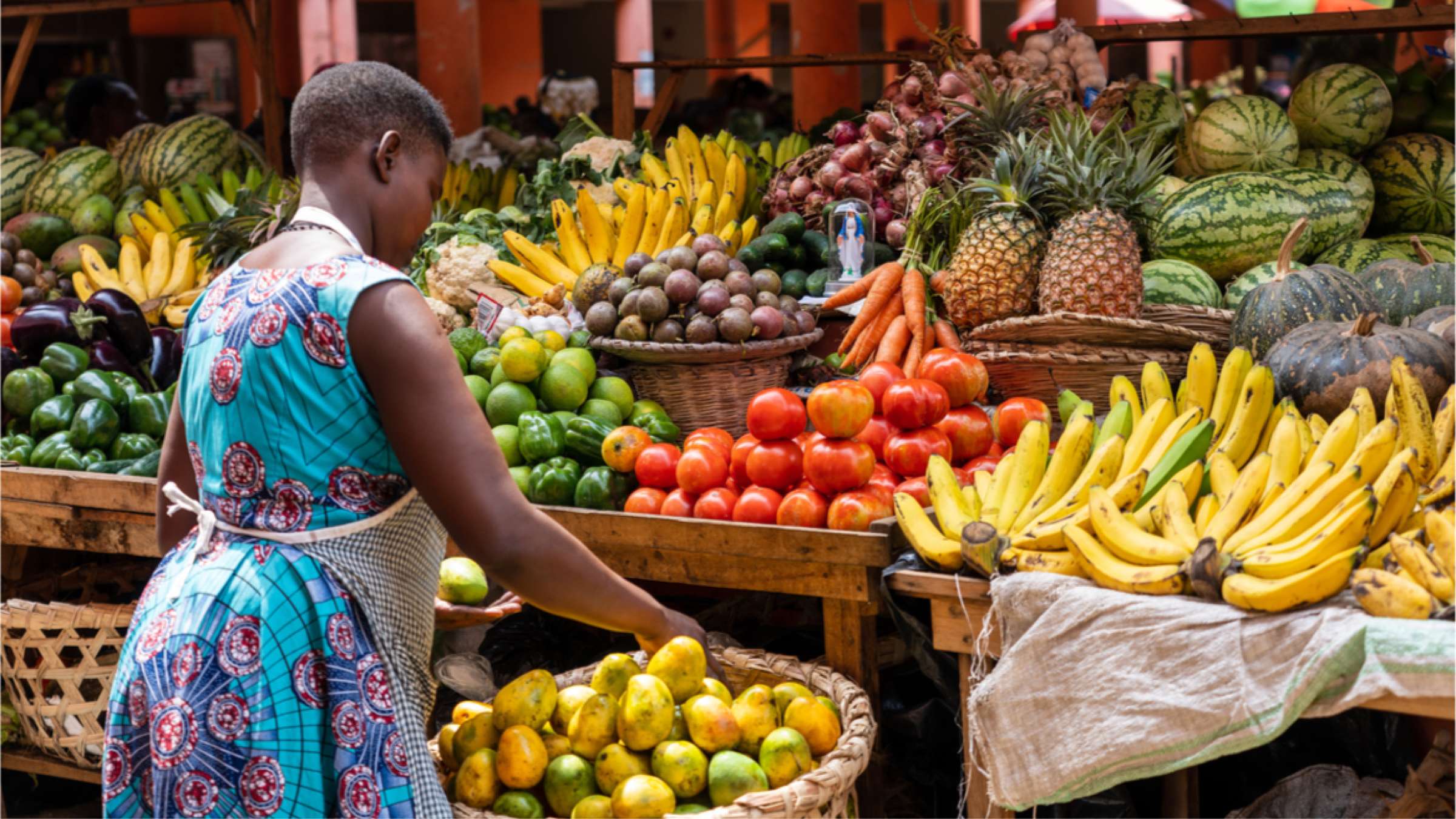
Food production in Africa is slowing faster than in any other region of the world as climate change-driven droughts, floods, heat and pests take a toll.
“Do not call the forest that shelters you a jungle” – African Proverb
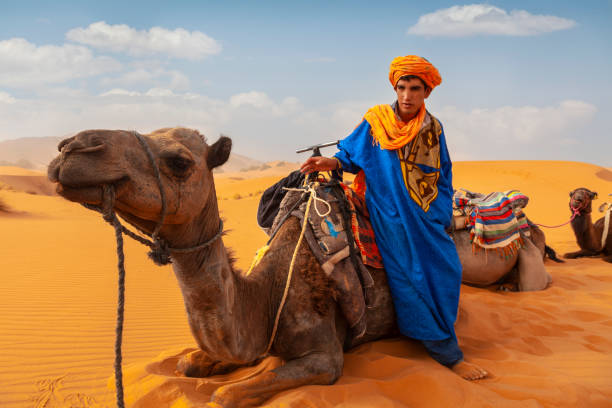
Camels were first introduced to the Sahara around 200 AD as part of trade caravans from the Arabian Peninsula.
Landscapes, Cultures, and Wildlife
Africa is also known for its biodiversity. It’s home to some of the world’s most iconic wildlife, including elephants, lions, gorillas, rhinoceroses, and countless bird and plant species. The continent’s national parks and game reserves offer unparalleled opportunities for wildlife enthusiasts and conservation efforts.
Despite its natural and cultural riches, Africa faces challenges, including political instability, economic disparities, and healthcare concerns. However, it’s a continent of resilience and innovation, with a rapidly growing population and a youthful demographic, making it a place of great potential and promise for the future.

The highest population of mountain gorillas live in the Virunga Mountain Range, which stretches across three countries, Rwanda, Uganda, and the Democratic Republic of the Congo.
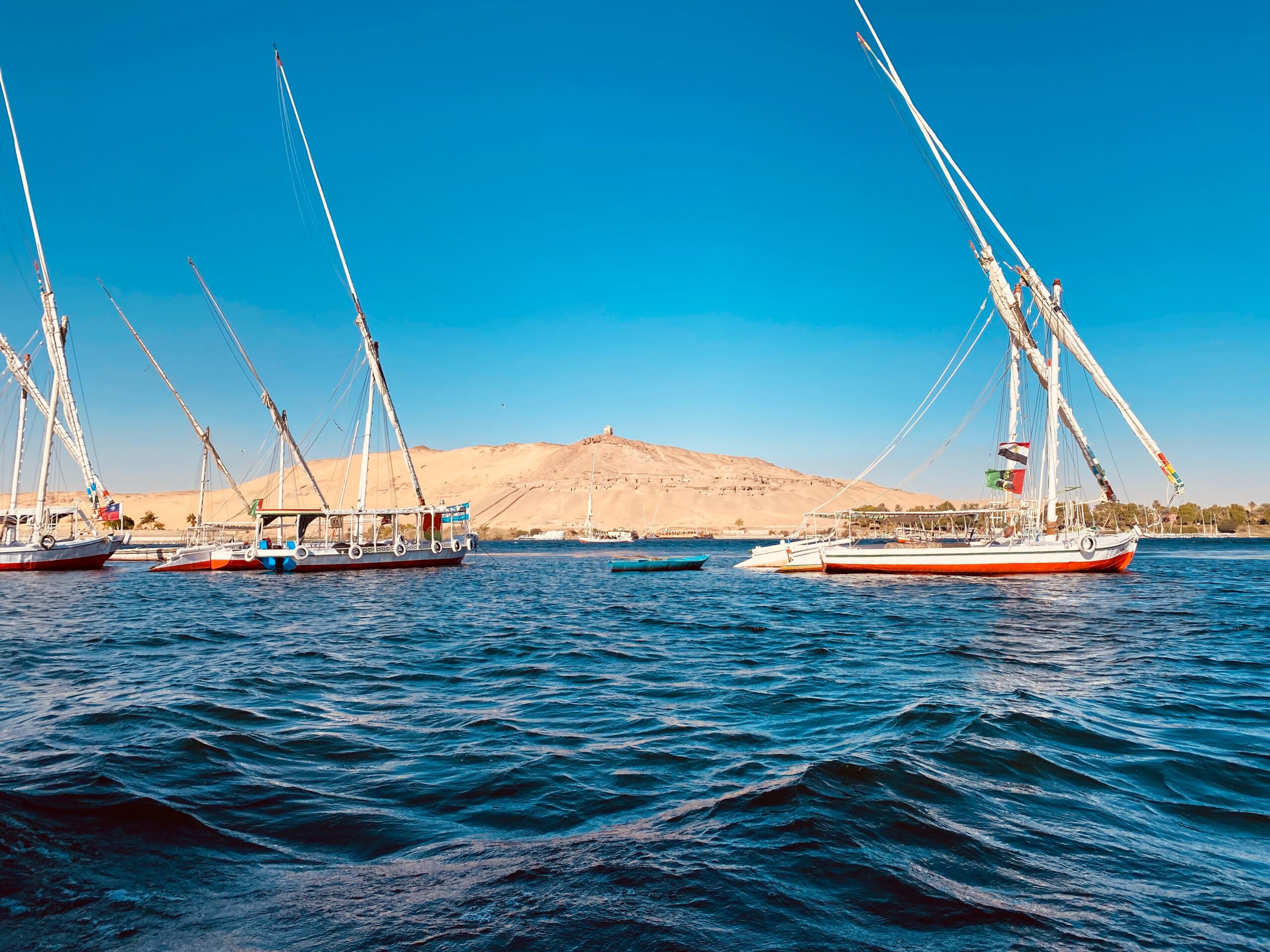
Found in northeast Africa, the Nile has long been recognised as the longest river in the world – stretching a massive 6,695km.
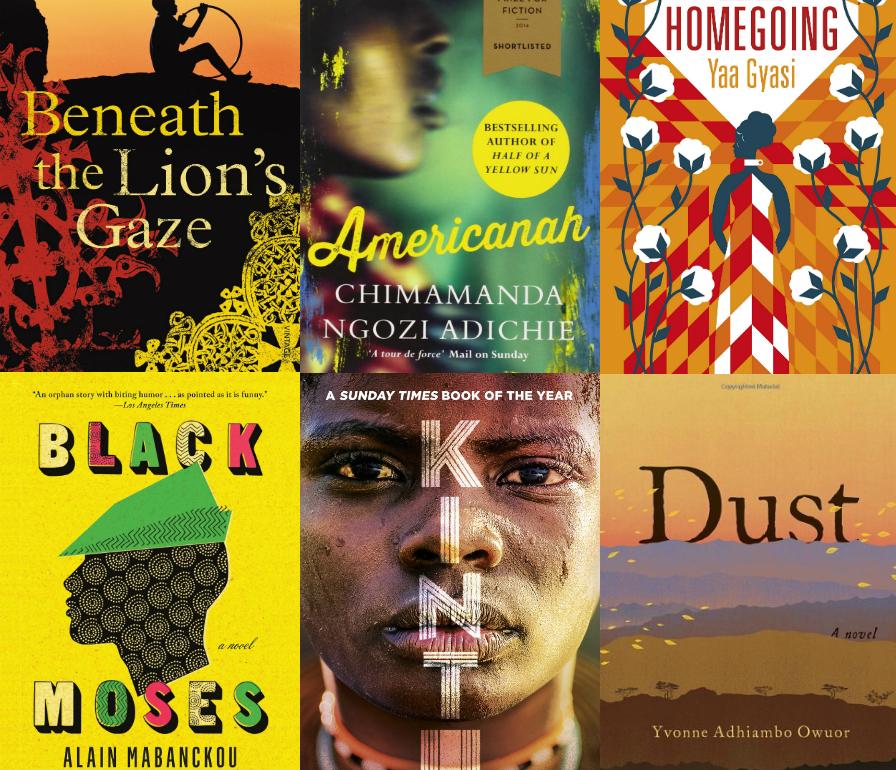
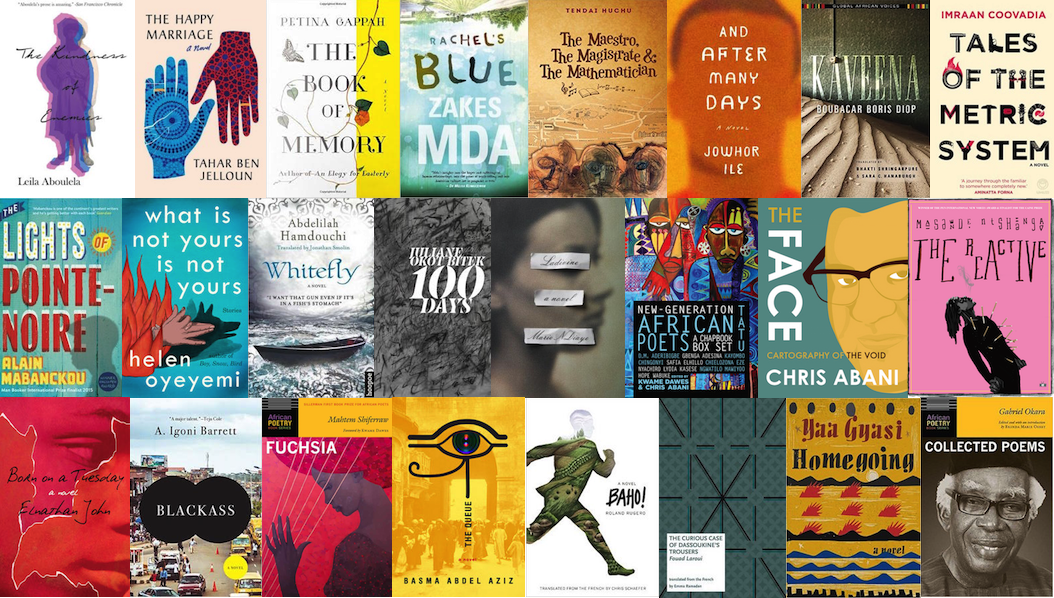
African literature reflects the stories of people from hundreds of years ago and the people who live now. It is a hugely important part of the literary world as it brings underrepresented voices to the fore and allows them to re-tell their experiences of the world.
Unraveling Africa Through Literature
Africa has long been a source of inspiration for writers and storytellers. African literature draws from a deep well of tradition, where oral storytelling has been an integral part of passing down knowledge, legends, and histories for generations. This oral tradition, rich in its rhythms and cadences, has had a profound influence on written literature.
The diversity of voices within African literature is astounding with each country having its cultures, languages, and histories. This diversity is reflected in the works of authors hailing from various regions, providing readers with a panoramic view of the continent’s experiences
The African literary scene is dynamic and continually evolving; with emerging voices, particularly those of young authors, are contributing fresh insights and perspectives. As a result, African literature remains a vibrant and ever-changing scene that captivates readers worldwide.
Africa’s Influences To The World
Coffee
Africa is renowned for its rich coffee-producing regions, and the continent has a significant presence in the global coffee industry.Coffee is believed to have originated in the region now known as Ethiopia. In addition to Ethiopia, other African countries with significant coffee production include Kenya, Uganda, Tanzania, Rwanda, and Burundi.
Diamonds
Africa is renowned for its significant diamond production and is a major player in the global diamond industry. Countries like Botswana, South Africa, Angola, and the Democratic Republic of the Congo are among the leading diamond producers.
Oil
Crude oil from Africa has played a significant role in the global energy landscape, contributing to economic development and international trade. This is a valuable natural resource that has both economic opportunities and challenges.
Music
Africa is incredibly diverse and holds a special place in the world of music. African music has had a profound impact on global music. Genres like jazz, blues, reggae, and hip-hop have drawn inspiration from African rhythms and musical techniques. Its cultural significance, rhythmic complexity, and rich traditions continue to captivate audiences and inspire artists worldwide.
Fashion
African fashion is a vibrant and dynamic industry that showcases the continent’s rich cultural diversity and creativity. African designers have gained recognition on the global stage for their innovative and contemporary fashion designs. These designers draw inspiration from traditional elements and fuse them with modern aesthetics, creating unique and stylish clothing.
Film/Cinema
Filmmakers produce movies in various languages and dialects, including English, French, Arabic, Swahili, and many indigenous languages. African cinema is a powerful medium for storytelling, cultural preservation, and exploration of contemporary and historical issues. It is an essential part of Africa’s cultural identity and continues to gain global recognition for its creativity and diverse perspectives.
Literature
African literature is a rich and diverse literary tradition that encompasses a wide range of languages, cultures, and themes.African literature has a long and rich history. Early works date back to ancient civilizations, such as the Egyptian literature of the Pharaohs and the ancient Ethiopian epic “Kebra Nagast.” African writers continue to inspire, provoke thought, and provide a unique perspective on Africa and the world.
Cocoa
Among its many gifts to the world, African cocoa stands out as a source of delectable delight for chocolate enthusiasts globally. While originally brought from the Americas, particularly from South and Central America, African nations such as Ivory Coast, Ghana, Nigeria, and Cameroon have now become global cocoa production powerhouses. Cocoa farming in Africa is more than just an industry; it’s a way of life for millions of people.
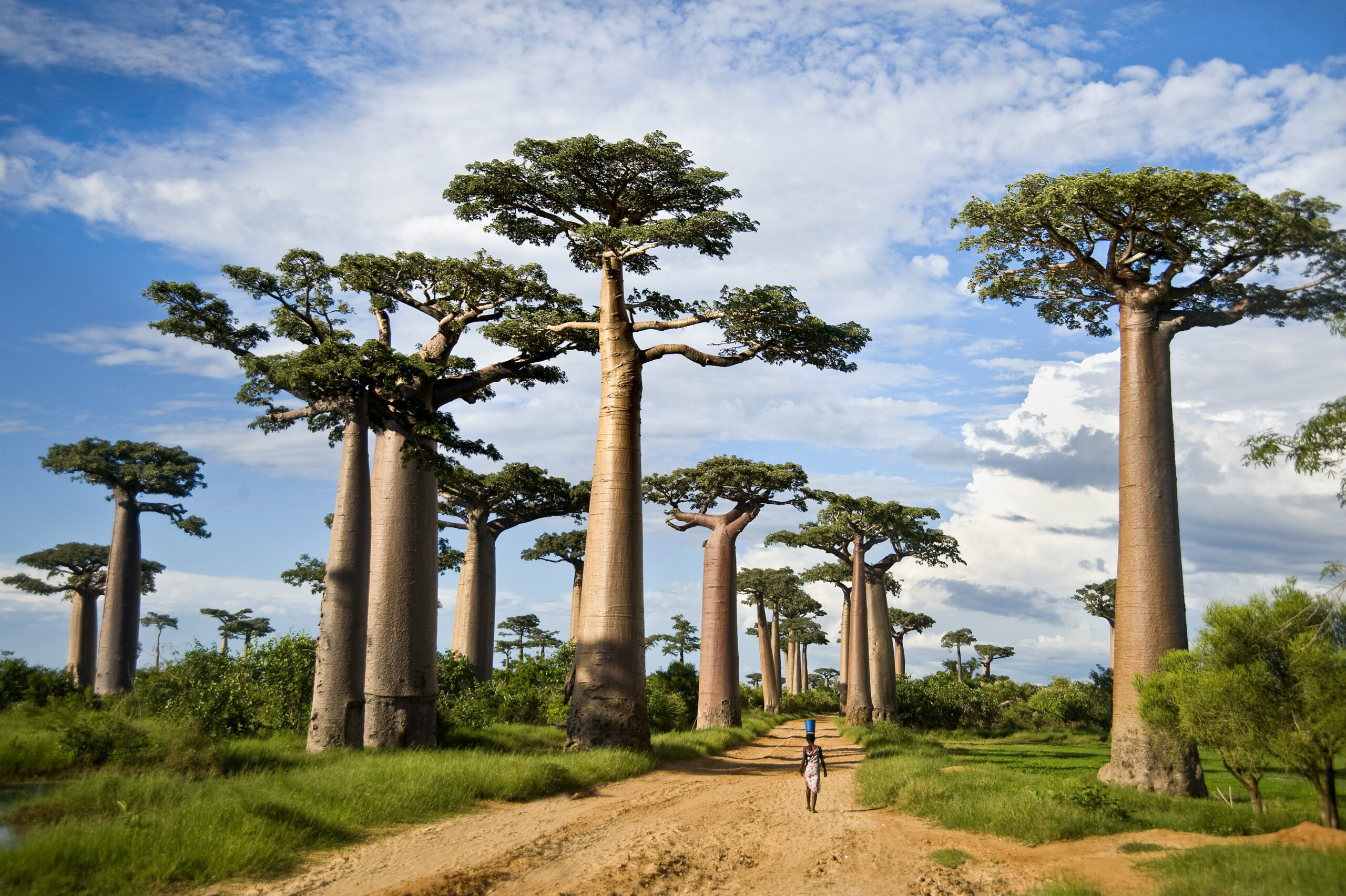
The baobab is a prehistoric species which predates both mankind and the splitting of the continents over 200 million years ago.
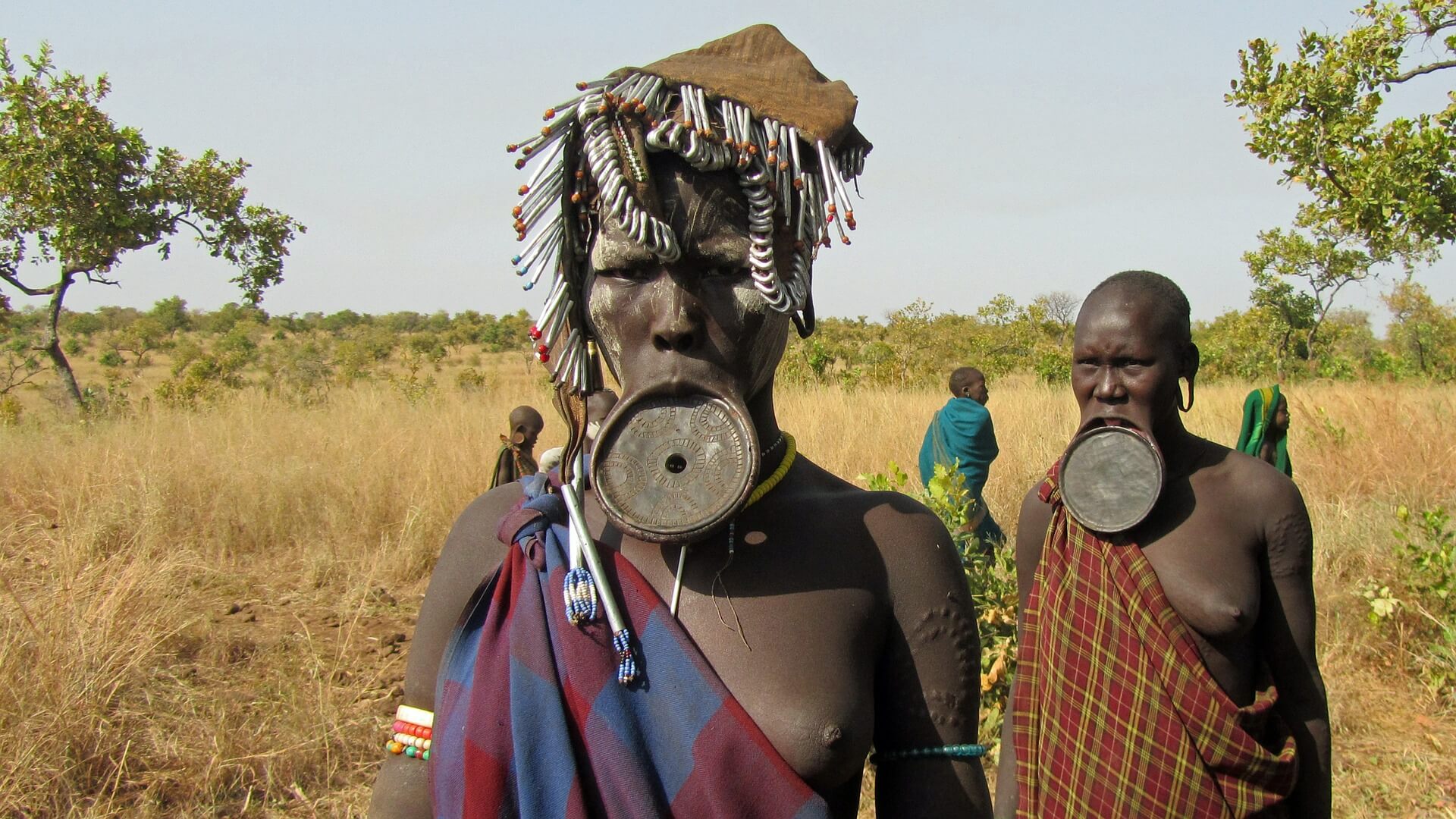
The Surma are indigenous Ethiopian tribes in southern Ethiopia’s Omo Valley where the women wear lip plates.
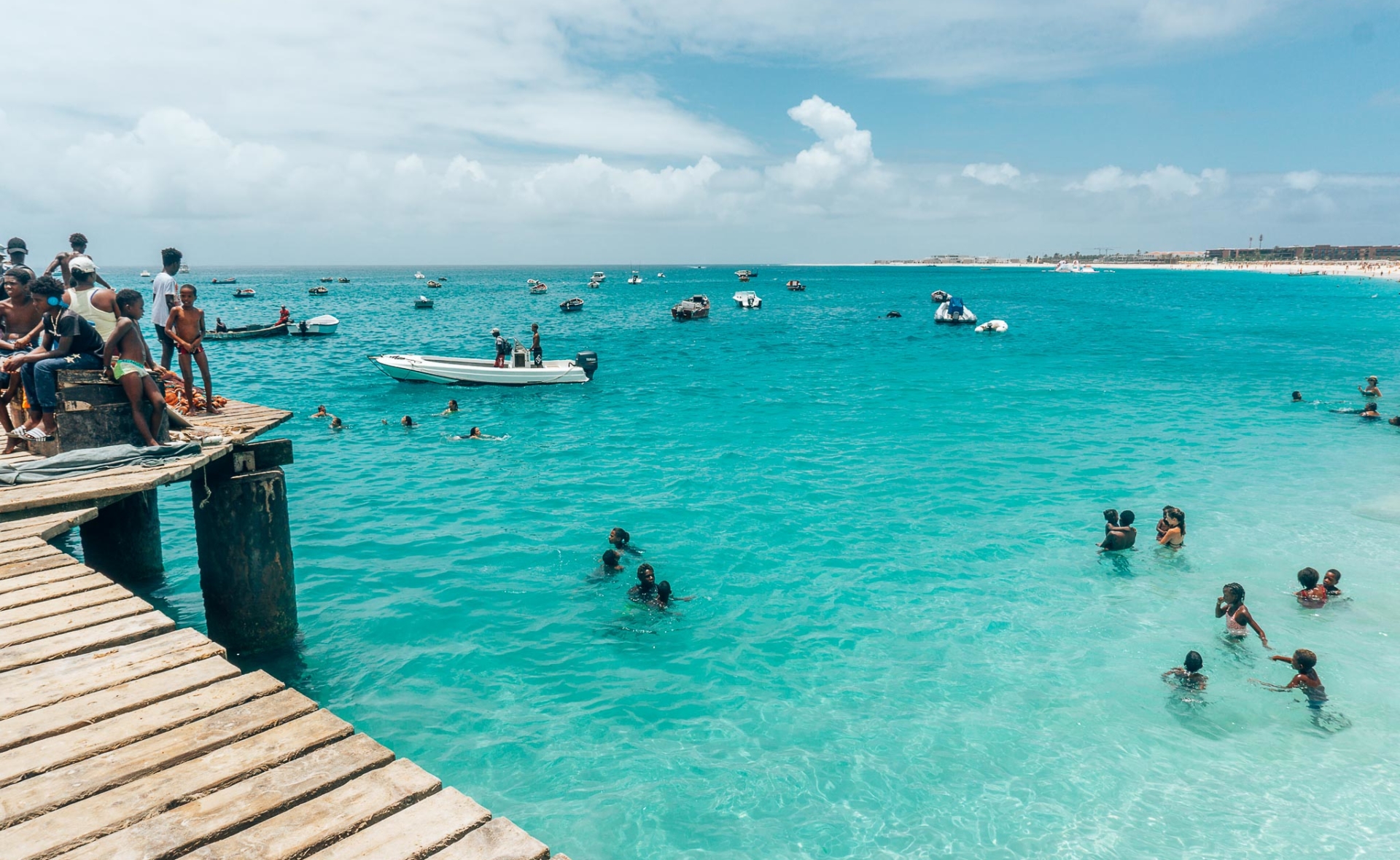
Africa is home to some of the world’s most stunning beaches and islands.
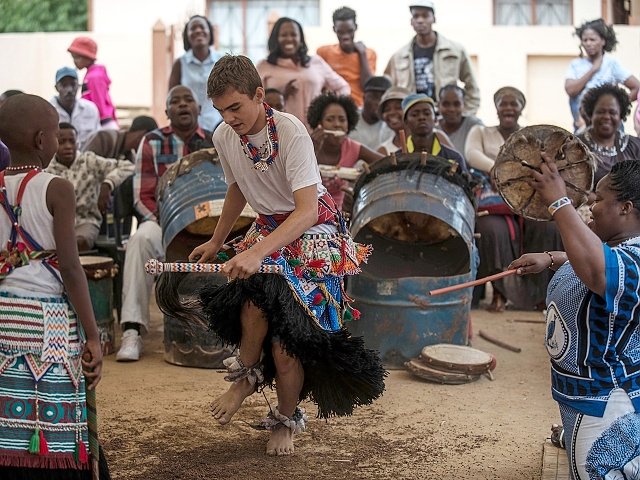
A white Sangoma - A South African with doctor, healer or herbalist
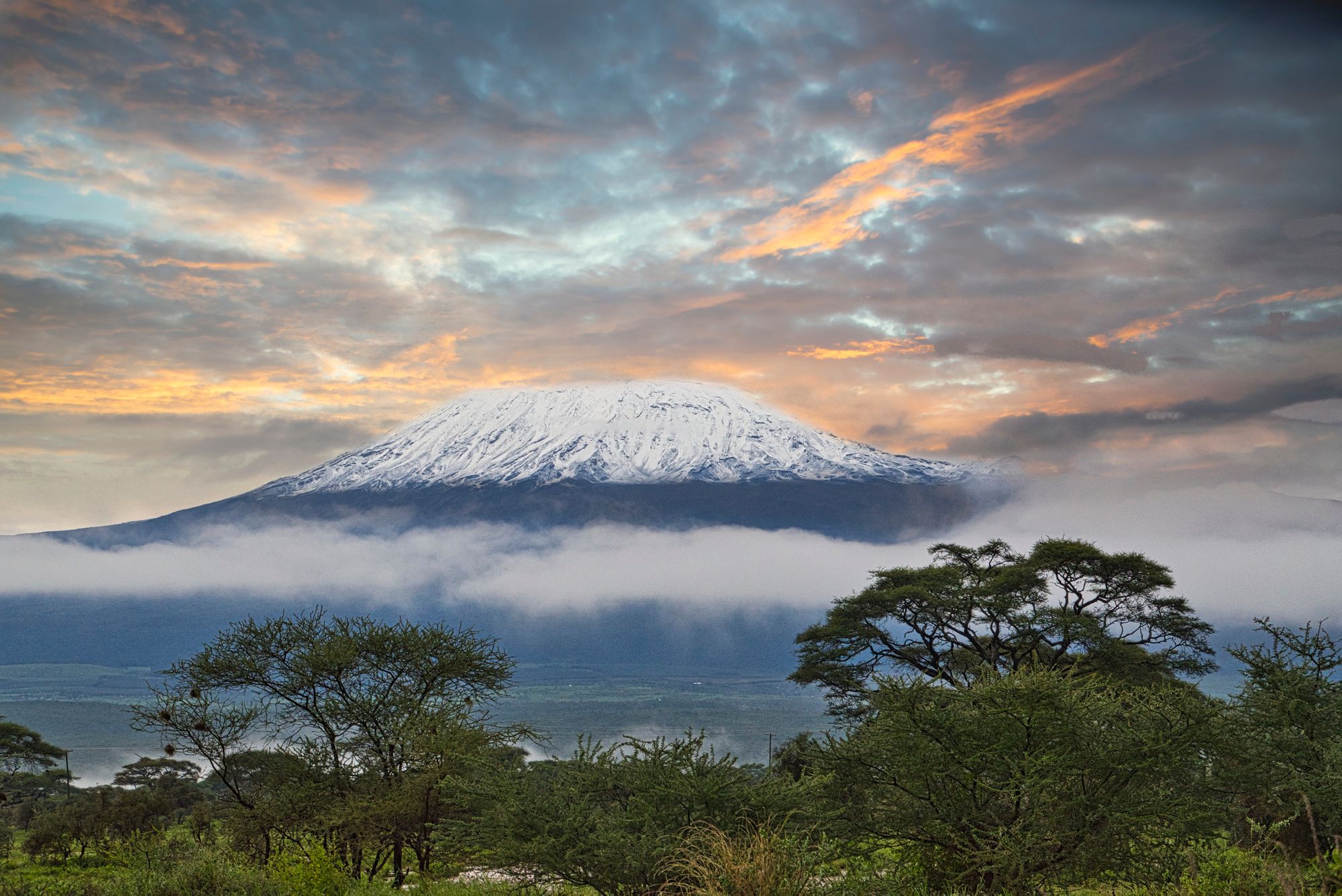
Located in Tanzania, Mount Kilimanjaro is Africa’s tallest mountain at about 5,895 meters (19,340 feet). It is the largest free-standing mountain rise in the world, meaning it is not part of a mountain range.
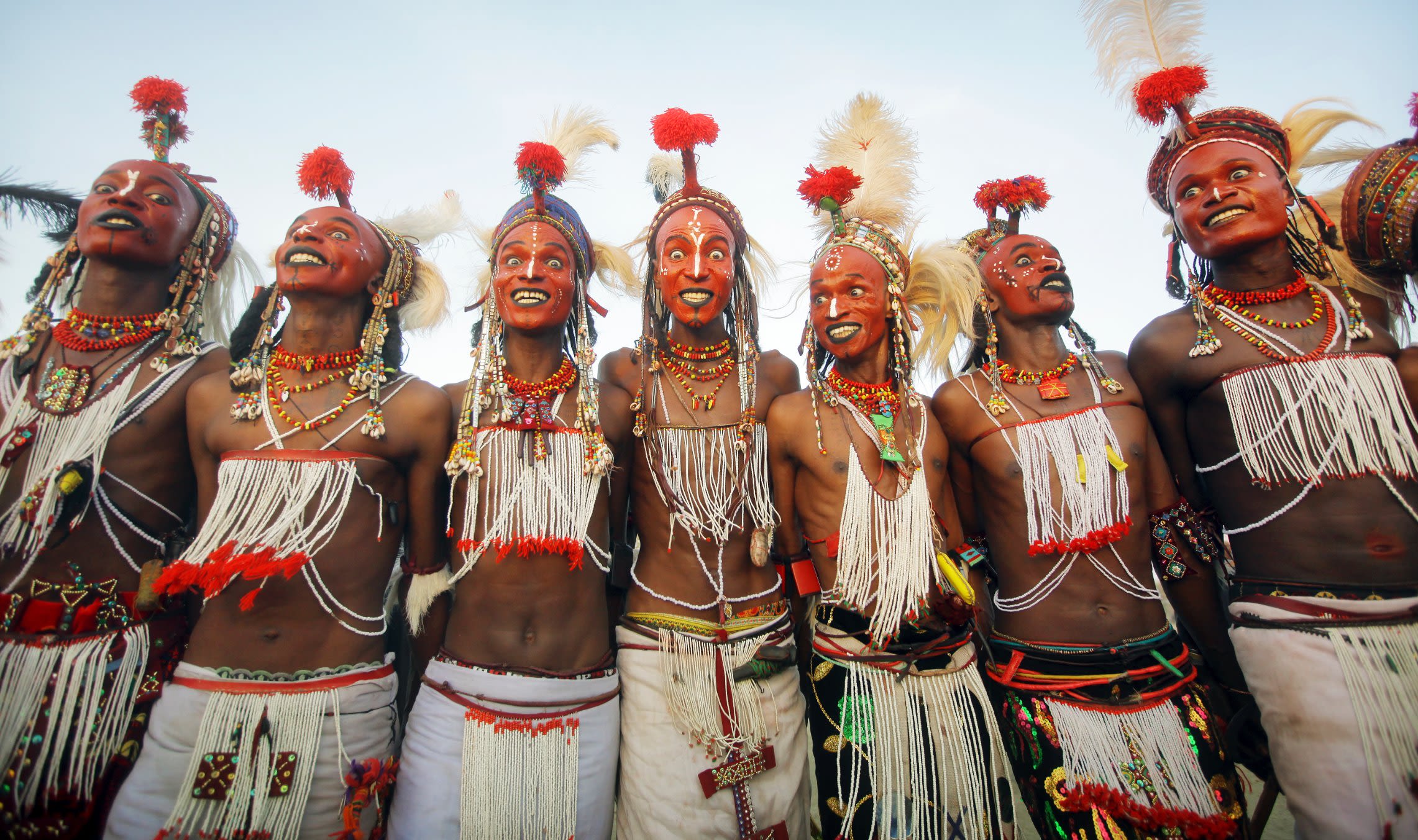
The Wodaabe men spend hours wearing make-up to compete in a series of dances to win the hearts of women.

Morocco wrote their history when they become first African, Arab side in World Cup semifinals.
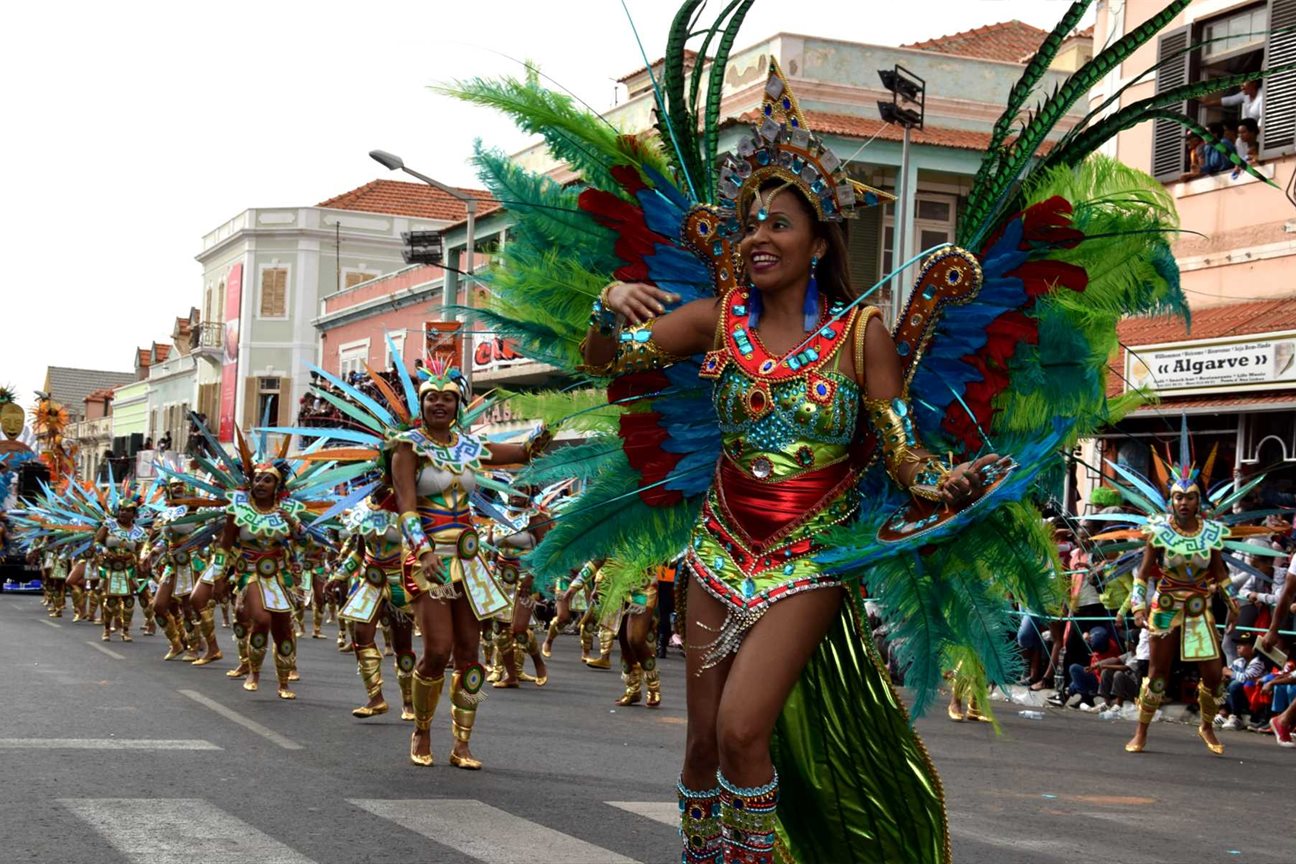
Festivals are an important pastime for the Cape Verdeans, with the biggest celebrations taking place on the island of Sao Vicente.

South Africa became the 1st nation to win a 4th Rugby World Cup

Medical students watch as doctors perform an operation in Moshi, Tanzania.
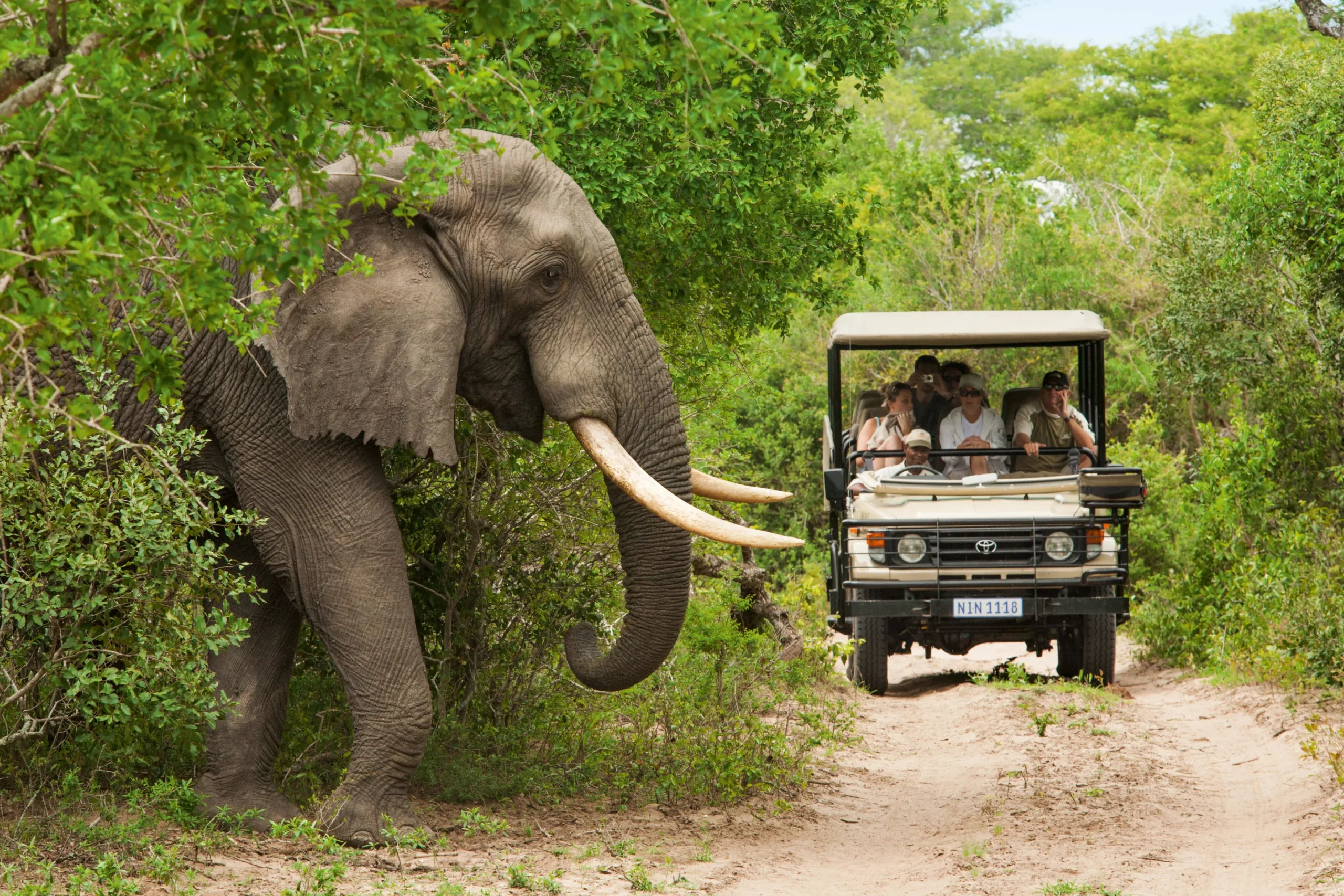
If you’re keen to see the Big Five - lions, leopards, elephants, buffalos and rhinos many countries in Africa offer solid choice, with options for all budgets.

University of Ghana students. Africa has an estimated 1,650 higher education institutions.





